Franz Dietrich (CNRS): “Dynamically Rational Judgment Aggregation”
A key goal in judgment aggregation theory has always been to make collective judgments rational. So far, rationality has been understood in purely static terms: as coherence of judgments at a given time, where ‘coherence’ could for instance mean consistency, or completeness, or deductive closure, or combinations thereof. By contrast, this paper studies whether and how collective judgments can be dynamically rational, so that they respond well to new information, i.e., change rationally when information is learnt by everyone. Formally, we call a judgment aggregation rule dynamically rational with respect to a given revision operator if, whenever all individuals revise their judgments in light of some information (a proposition), then the new aggregate judgments are the old ones revised in light of this information. In short, aggregation and revision commute. We establish a general impossibility theorem: as long as the propositions on the agenda are sufficiently interconnected, no judgment aggregation rule with standard properties is dynamically rational with respect to any revision operator satisfying mild conditions (familiar from belief revision theory). The theorem is a counterpart for dynamic rationality of known impossibility theorems for static rationality. Turning to possibilities, the paper then makes a first attempt to restore dynamic rationality, by showing that certain rules (‘hierarchy rules’) generate dynamic rationality with respect to special (‘hierarchical’) revision operators. Like the familiar ‘priority rules’, such rules are guided by priorities between the propositions.
Link to paper: http://franzdietrich.net/Papers/DietrichList-DynamicallyRationalJA.pdf


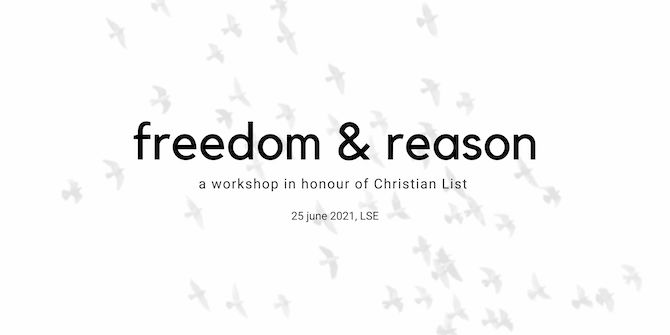
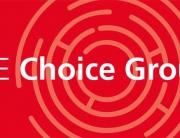













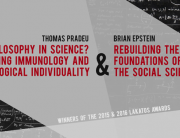
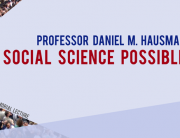





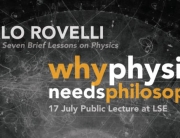

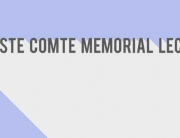
Connect with us
Facebook
Twitter
Youtube
Flickr